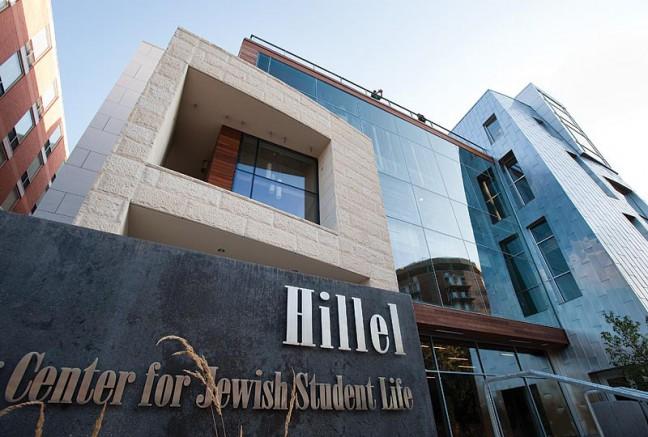This Friday marks the first day of Rosh Hashanah, a celebration of the Jewish new year.
“It’s an opportunity for Jewish people to think about the past year and to make a new start, to come together with family and friends, listen to the familiar prayers and the songs of the new year and eat some delicious meals together,” University of Wisconsin Hillel Rabbi Andrea Steinberger said.
The dates of Rosh Hashanah change from year to year, depending on the lunar calendar. This fall, the celebration will begin the night of Friday Sept. 15 and end on Sunday Sept. 17.
According to Steinberger, over the holiday many people share meals with their family and friends. Traditional Rosh Hashanah foods include apples and honey or pomegranates — symbolize the sweetness of the new year.
UW Sophomore Taylor Gustafson emphasizes the importance of food and family as part of the Rosh Hashanah holiday.
“Our house has an open door policy,” Gustafson said. “We have everybody cooking and being together, and I think that’s what really makes the holiday special. Being with people that you care about, and doing things that you enjoy…it brings out the true meaning of starting out the year in a good way.”
Those celebrating also often attend services at their synagogue to listen to prayers and hear the sound of the Shofar, a rams horn that makes a squeaky sound when blown.
“The Shofar is like an alarm clock,” Steinberger said. “It’s meant to wake us up spiritually, to allow us to think about the things that we want to change in our life, little things of how we interact with ourselves or with our friends, to big things about what kinds of changes we want to see ourselves make in the world in this new year.”
Every year in front of the Bucky statue on Lake Mendota, the Shofar is blown and a Tashlich ceremony is held. The ceremony involves throwing bird seed into the lake, symbolizing throwing out ideas or thoughts that do not serve you from the past year. This year, this will take place Sunday, Sept. 17 at 2p.m., according to Steinberger.
“It’s really one of my favorite moments of the year,” Steinberger said. “I love the feeling all of the love of the University of Wisconsin, and also of being a Jewish person on campus.”
As UW has a large community of Jewish students on campus, holidays celebrations like these are so special because they allow Jewish students to come together, meet new people and find a community that they identify with and feel supported by, Steinberger said.
UW Hillel has many more upcoming events planned for Rosh Hashanah, including reform and conservative services, lunches and dinners.
One of Gustafson’s favorite things about the events hosted by UW Hillel is that they are open to the public, and often attract both Jewish and non-Jewish students.
“You find that you create such a unique energy in the building from having so many people of different backgrounds and different beliefs and different ideas,” Gustafson said. “It allows you to gain a new perspective and allows such a huge community like Madison to really feel quite small and intimate.”
Students can learn more about upcoming UW-Hillel events for the Jewish High Holidays this month here.


